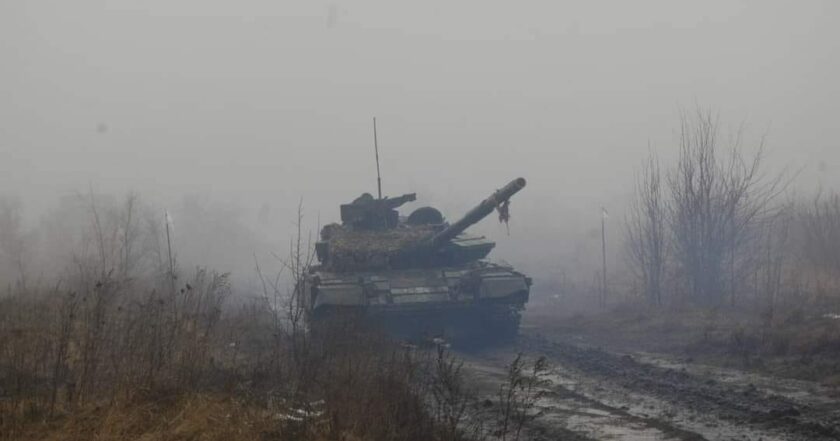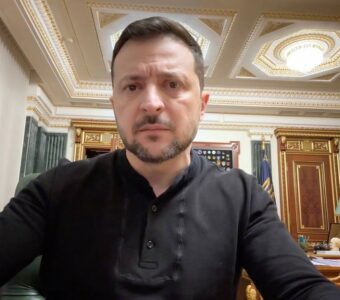Russia may stage potential breakthrough amid delays in Western aid and Ukraine's equipment shortages – ISW

Photo: Facebook / General Staff of the Armed Forces of Ukraine
The shortage of ammunition and military equipment caused by delays in US aid may make the current front line very vulnerable.
Russian forces could exploit this for a sudden breakthrough, Rubryka reports, citing the Institute for the Study of War (ISW).
According to military analysts, Ukraine prioritizing sectors where Russian offensive operations are most intense may create vulnerable areas elsewhere.
Experts warned that Russian forces could take advantage of this for a sudden and unexpected advance. This breakthrough could happen if arms supplies to Ukrainian forces continue to dwindle.
ISW noted that Russia retaining initiative across the entire theater of operations increases the risks of such a development, allowing Russian military command to increase or decrease the intensity of operations at any section of the front line at their discretion.
ISW points out that Ukrainian forces likely try to mitigate problems caused by ammunition shortages and identify priority areas on the front line.
However, according to military analysts, this conceals risks for Ukrainian forces.
German publication Der Spiegel published an interview on March 12 with unnamed Ukrainian commanders who stated that almost all Ukrainian units and formations suffer from a shortage of ammunition and military equipment.
The publication noted that Ukrainian units can maintain their current positions only because Russian forces do not "attack at full force."
Chief of the General Staff of the Armed Forces of Ukraine, Oleksandr Syrskyi, warned that there was a threat of Russian units advancing into Ukrainian formations in certain areas of the front.
Key ISW findings as of March 13
The pace of Russian advancement west of Avdiivka has recently slowed, although Russian forces likely retain the ability to intensify offensive operations in this area at any time at their discretion.
On the night of March 12-13, Ukrainian forces carried out extensive drone strikes on energy infrastructure and military facilities in Russia.
The governor of the pro-Russian Moldovan autonomous region of Gagauzia, Yevgeniya Gutsul, stated on March 13 that her recent meetings with Russian officials in Russia led to deepening economic ties between Gagauzia and Russia, which the Kremlin likely hopes to use as part of its broader efforts to destabilize Moldova and prevent Moldova from joining the EU.
Russian sources claim that Russian forces repelled another limited incursion by pro-Ukrainian forces from the "Volunteer Russian Corps" (RDC), "Legion of Freedom of Russia" (LFR), and "Siberian Battalion" in the Belgorod and Kursk regions on the night of March 12 and the morning of March 13.
Russian forces made confirmed advancements near Avdiivka against the background of positional battles along the entire front line on March 13.
Russian authorities continue attempts to censor protests by wives and mothers of mobilized soldiers ahead of the presidential elections in Russia.
Russian forces attacked Ukraine again on the night of March 14 using kamikaze drones. Air raid alerts were issued in many regions. Ukrainian air defense forces downed 22 out of 36 drones.




















































